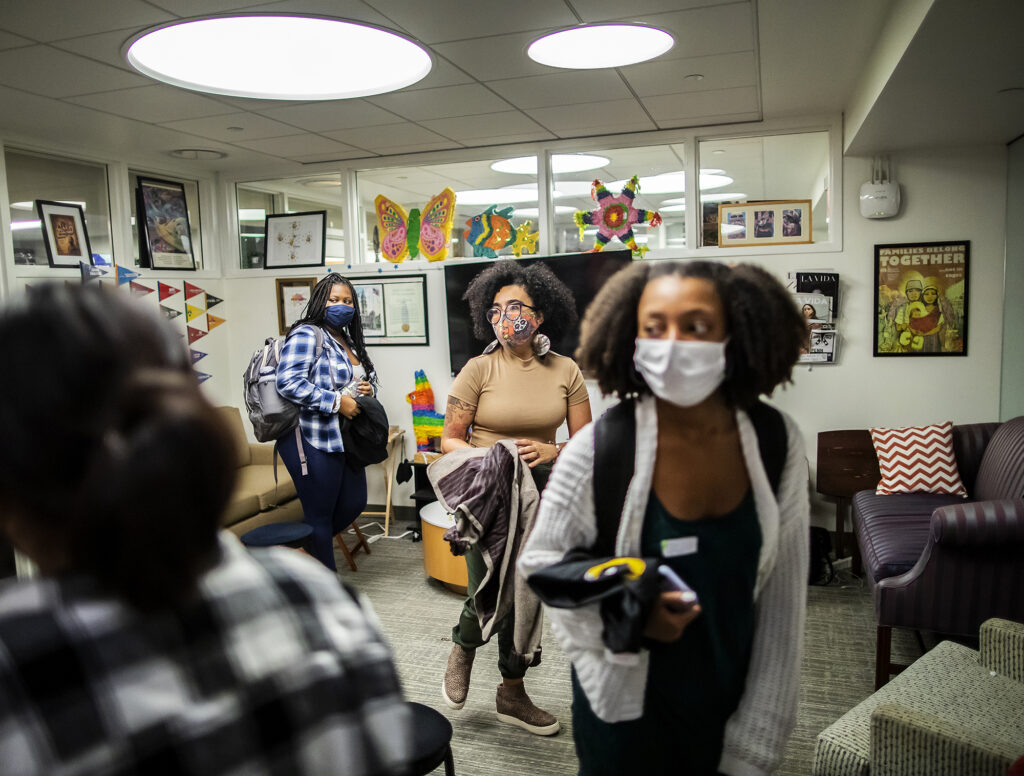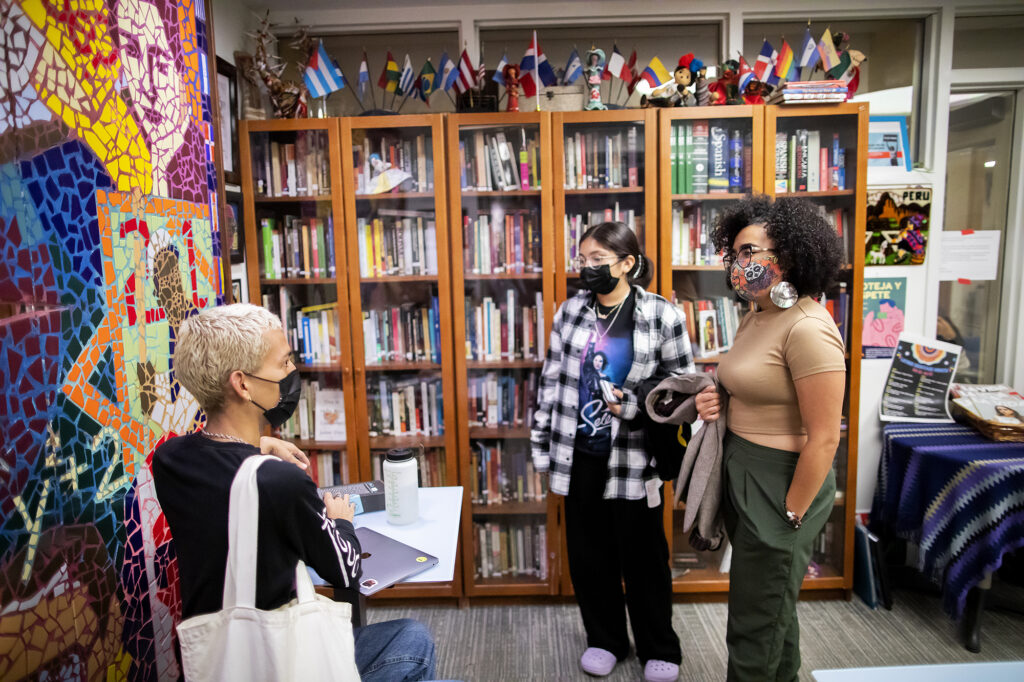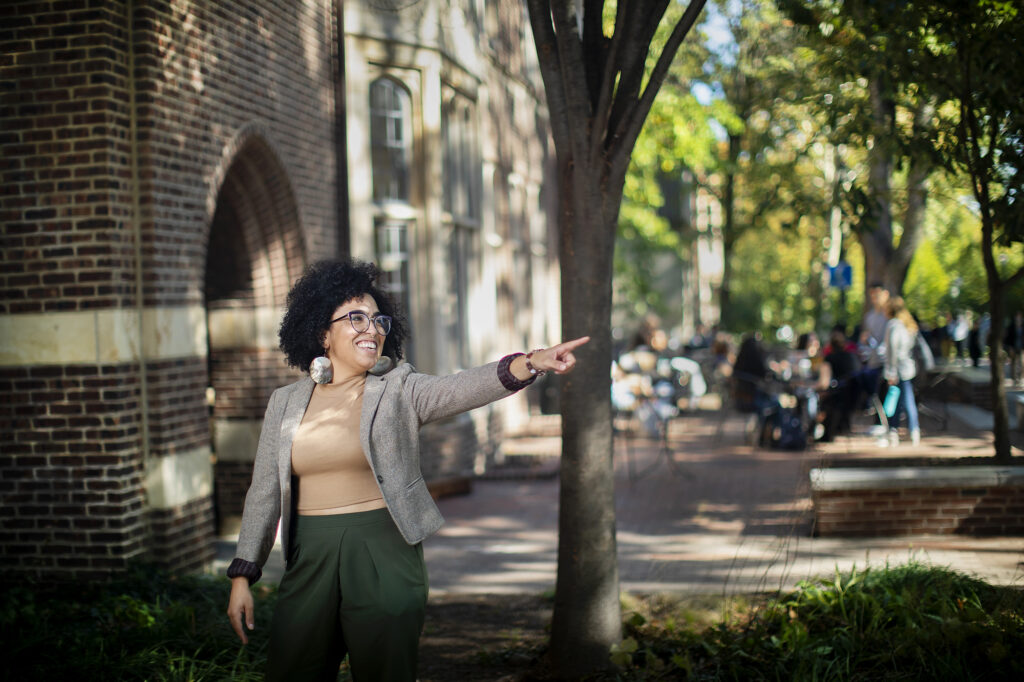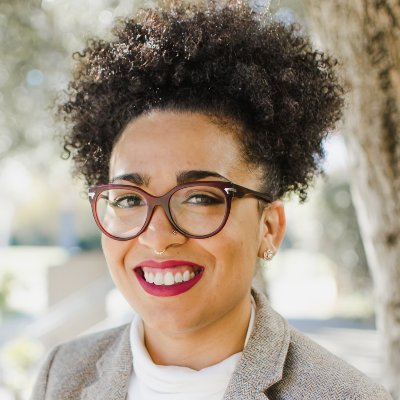Walking into Krista L. Cortes’ home, visitors might be hit by the smell of sofrito, that cornerstone of Caribbean cooking, and see her children helping in the kitchen. “Sofrito is like a labor of love; it takes a lot of time,” Cortes says. “And since my oldest son was about 2 years old, he’s always helped me.” The food she makes for her family—plantains, rice and beans—helps connect them to their culture. For Puerto Rican Cortes and her Cuban husband, rooting their children in Afro-Latinx identity also means having bilingual and Spanish-language books, watching movies with Black protagonists, and having pictures of family, “which runs the gamut in color,” Cortes says, as well as artwork featuring orishas hung on the walls. Cortes and her husband practice Santería and the orishas are important intermediaries between humanity and divinity. “You walk into my house and the first thing you see are guerreros [warriors]: Eleggúa, Oggún, or Ochosi. That, to me, is an artifact of our Blackness.”
Cortes, who earned two master’s degrees from Penn’s Graduate School of Education and a Ph.D. in education from the University of California, Berkeley, is bringing this sense of Blackness home to La Casa Latina, one of six cultural resource centers at Penn. Cortes uses the term “Latinidades,” instead of the traditional “Latinidad,” to refer to the plurality inherent in all the different people, cultures, races, and languages that comprise Latin heritage. It’s not just one thing, she says, and in America that often gets lost in translation.
“There’s a white-washing of Latinidad that happens in popular media. One of the opportunities to counter this is within the university setting. For the 10th annual Dolores de la Huerta lecture, Cortes invited two Haitian women, Maika and Maritza Moulite, to present. That was intentional. We love to talk about Latin America and the Caribbean and think about the Caribbean in its entirety when it suits us, but non-Spanish-speaking countries often get left out. People forget that Haiti and the Dominican Republic are actually one island; two countries share that space.Inviting Haitian speakers was a way that I’m trying to show folks that this is an issue that’s important to the Latinx community.”
-

- Part of Krista Cortes’ mission is ensuring that Black students feel welcome and represented in Latinx spaces.
-

- Krista Cortes added additional countries and invited the Caribbean American Student Association to join in the procession of flags.
-

- Director of La Casa Latina, Krista Cortes centers Blackness and celebrates the multiplicity inherent in ‘Latinidades.’Krista Cortes

